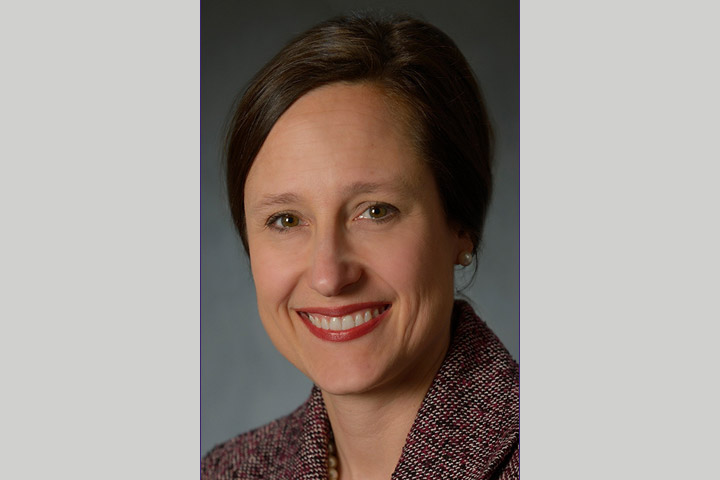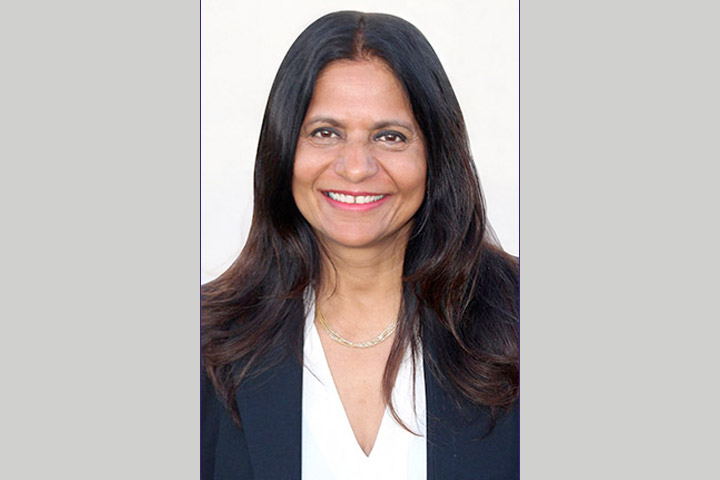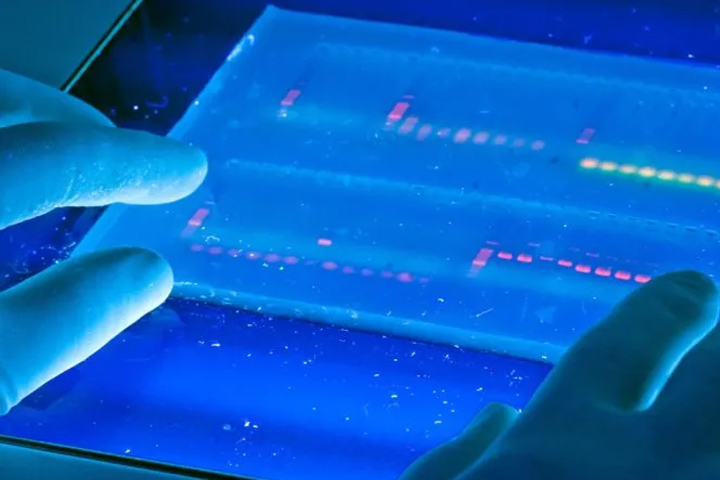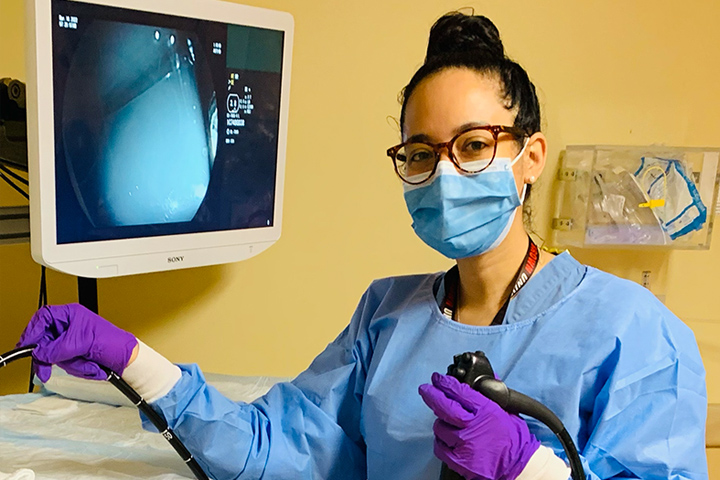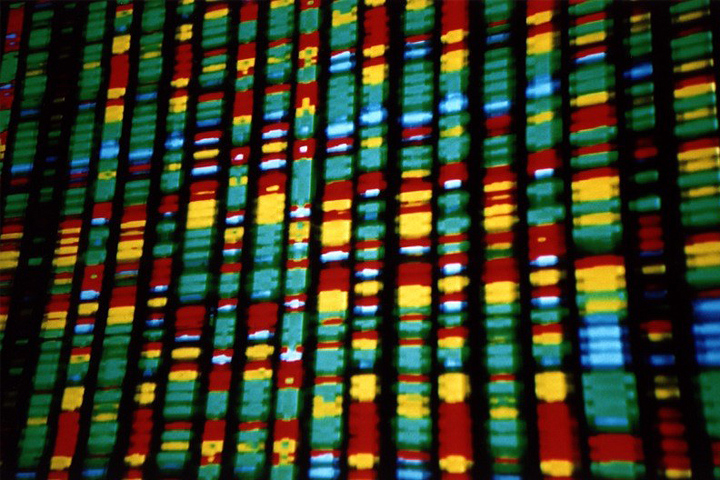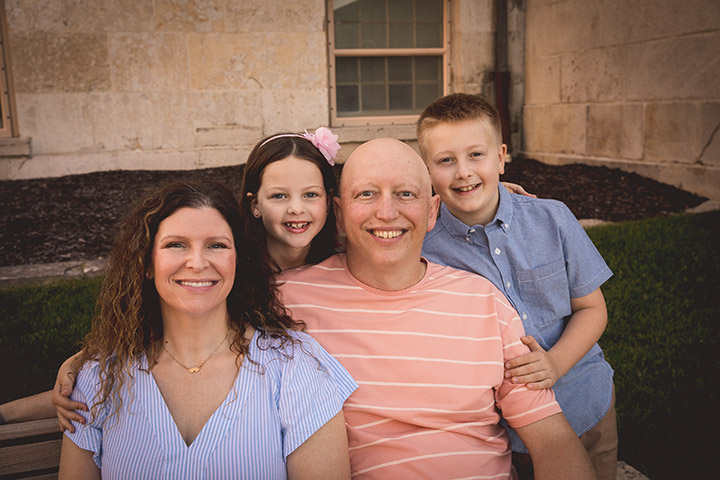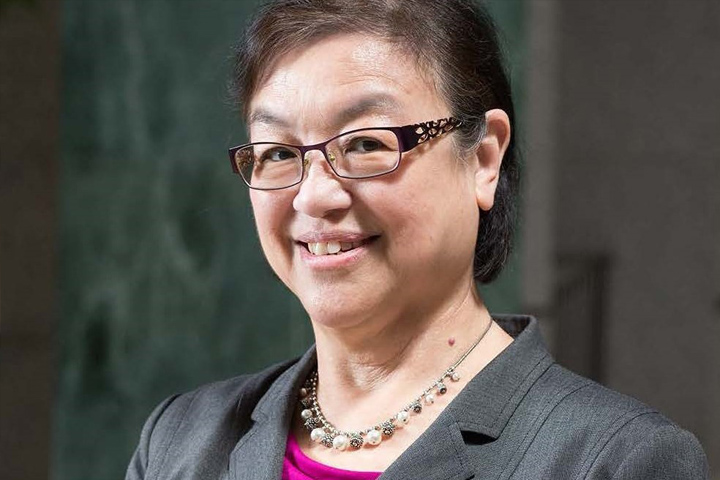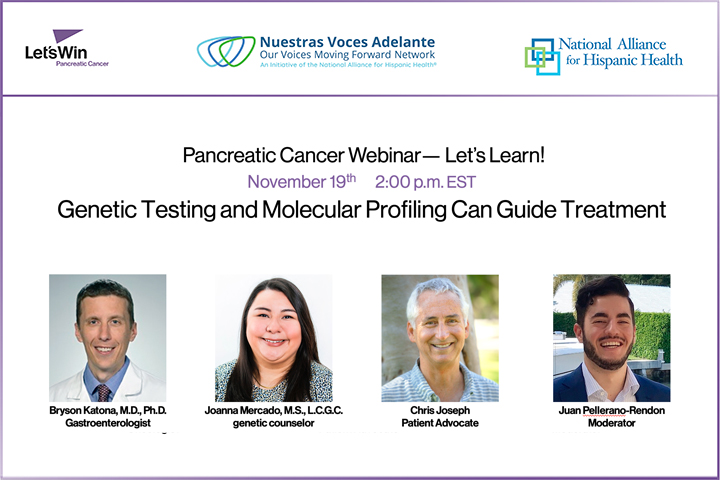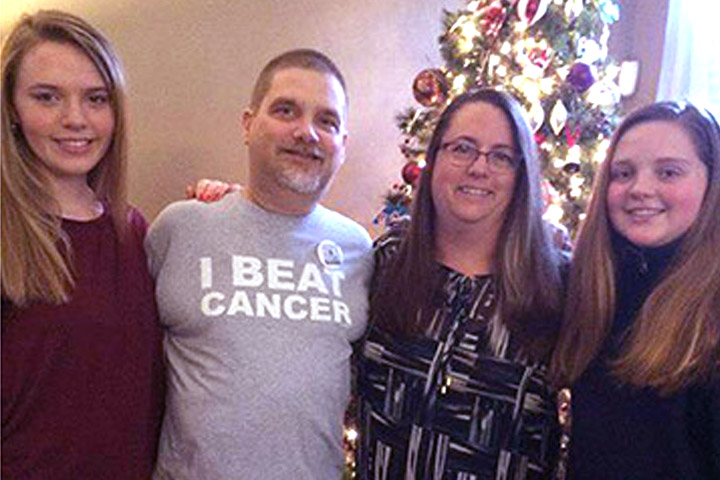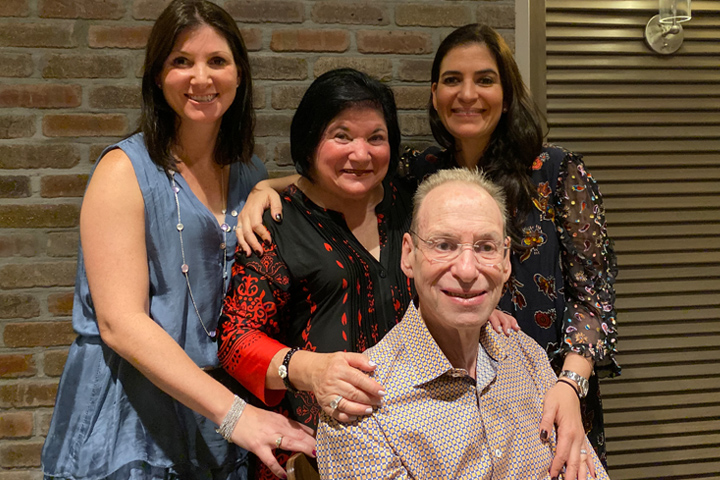genetic testing
502 articles
Decoding the Differences between At-Home and Medical Genetic Testing
Genetic counselors Jill Stopfer and Heather Hampel explain the differences between at-home and medical genetic testing, including precision and knowledge.
GENERATE Study Aims to Improve Genetic Testing and Prevention for Pancreatic Cancer
Dr. Sapna Syngal outlines the GENERATE study, which aims to help families with a risk for pancreatic cancer by providing genetic testing.
Improving Access to Genetic Testing and Counseling
Dr. Angela Bradbury is leading a study on access to genetic testing and genetic counseling, including a telehealth option.
For Families at Risk, Remote Education May Be Key in Improving Genetic Testing Uptake
What’s the best way to educate families at risk for pancreatic cancer about genetic testing? Dr. Sapna Syngal discusses the results of the GENERATE study.
Genetic Testing Can Help Those You Love
Dr. Fay Kastrinos, director of the Muzzi Mirza Pancreatic Cancer Prevention and Genetics Program at Columbia University Medical Center, explains the value of genetic testing for cancer prevention and treatment.
New Study to Get More Minorities Involved in Genetic Testing
Dr. Nicolette Rodriguez leads the REGENERATE study to find the best ways to get more Black and Latinx Americans genetic testing for cancer.
New NCCN Guidelines Stress Genetic Testing For All Pancreatic Cancer Patients
Genetics impact your treatment for pancreatic cancer. Dr. Sapna Syngal discusses the recommendation of genetic testing for all pancreatic cancer patients.
The ABCs of Genetic Testing
There are a number of different genetic mutations that can cause familial pancreatic cancer. This article explains some of the most common ones.
Genetic Testing for All Pancreatic Cancer Patients
A study by Dr. Gloria Petersen’s research team has led to an official recommendation that all pancreatic cancer patients get genetic testing.
Genetic Testing and Molecular Profiling Can Guide Treatment
Watch our webinar on Genetic Testing and Molecular Profiling to learn from experts and patients why this is so important.


